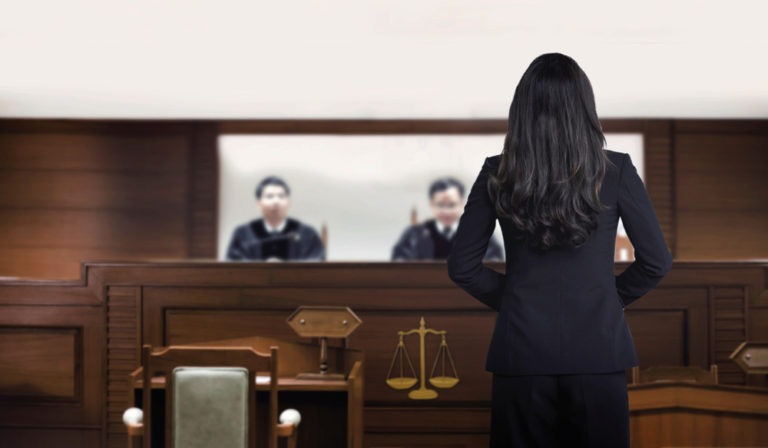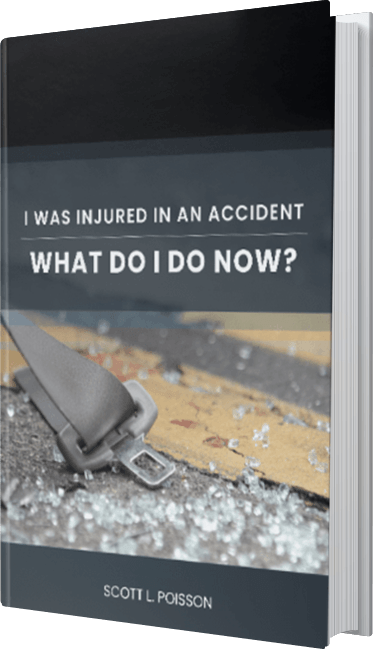How Much Time Do You Have to Sue After a Slip and Fall?
November 22, 2022

How much time you have to sue after a slip and fall accident is usually determined by the deadlines set by a state’s statute of limitations.
According to NRS §11.190(4)(e), the statute of limitations on filing a personal injury lawsuit is generally two years.
A slip and fall accident lawyer from our firm can evaluate your case to determine if you still have time to file a slip and fall lawsuit to pursue damages for your past and future medical bills, lost wages, and pain and suffering.
Circumstances that May Affect the Statute of Limitations in Your Case
In certain circumstances, the statute of limitations may be “tolled.” As the Legal Information Institute (LII) explains, some aspects of your case could extend your time to file your lawsuit.
Here are some situations that may affect the time in which you can file a slip and fall lawsuit:
Age of the Victim
If you were a minor at the time of your slip and fall accident, then the statute of limitations does not start running until you turn 18 years old. So, if you were injured in a slip and fall accident as a child, you could potentially still file a personal injury lawsuit against the negligent parties responsible for your injuries.
Mental Health of the Victim
If you were deemed mentally incompetent at the time of the accident, then the statute of limitations may not start running until you are found to be once again competent.
Slip and fall accidents can cause traumatic brain injuries (TBIs) that can cause disorientation, loss of consciousness, and brain damage.
If you suffered a TBI after a fall, it is possible that this circumstance may affect the time you have to file a lawsuit. If you have questions about this, our firm’s lawyer can evaluate your case and discuss your options.
How a Lawyer Can Help You After a Slip and Fall
After you or a loved one has been injured in a slip and fall accident, a personal injury lawyer from our team can help you file a lawsuit to pursue compensation for your losses. Your lawyer will investigate the circumstances that surrounded your accident to get to the bottom of what happened and who is at fault. They will then use the evidence they uncover to fight for you and your family’s best possible outcome.
Your lawyer will negotiate with insurance adjusters so that you do not have to. If the insurance companies still refuse to pay what you are owed, your lawyer will advocate for your rights in court, taking the case as far as it needs to go to get results. Ultimately, your lawyer may be able to win various damages on your behalf.
Damages in Slip and Fall Accident Cases
There are two main types of damages our lawyer can help you recover through a personal injury lawsuit: economic damages and non-economic damages.
Economic damages are meant to compensate you for your financial losses, such as medical bills, lost wages, and out-of-pocket expenses. You can also win economic damages for your future medical expenses and lost earning potential if your injuries will affect you long-term.
Non-economic damages compensate you for your physical pain, mental and emotional suffering, and loss of enjoyment of life. If you lost a loved one after a slip and fall accident, you may also be able to win non-economic damages for their pain and suffering as well as your own.
Contact the Attorneys at High Stakes Injury Law Today for Help
A lawyer from our team can give you a better idea of the kinds of damages you could receive and how much time you have to sue after a slip and fall accident.
To learn more about how a High Stakes Injury Law slip and fall accident lawyer can help you, call today for a free consultation.
Get A 100% Free Case Evaluation
From A Top-Rated Personal Injury Attorney
Call: (702) 707-5934 or Contact Us Online
$9M
Settlement / Auto Accident
$5.1M
Settlement / Tire Explosion
$3M
Settlement / Truck Accident
01
02
03
04

I Was Injured In An Accident.
What Do I Do Now?
By Scott L. Poisson

Do I Have A Case?

Dealing With The Insurance Company

When a Lawsuit Is Filed

Overcoming Common Defense Themes

Special Considerations in Specific Types of Cases
